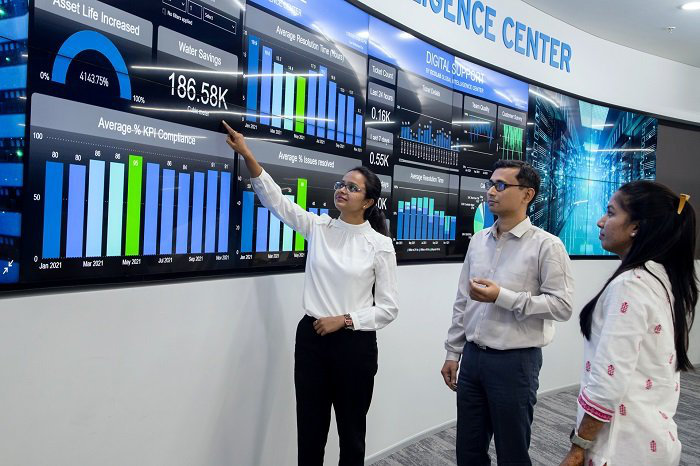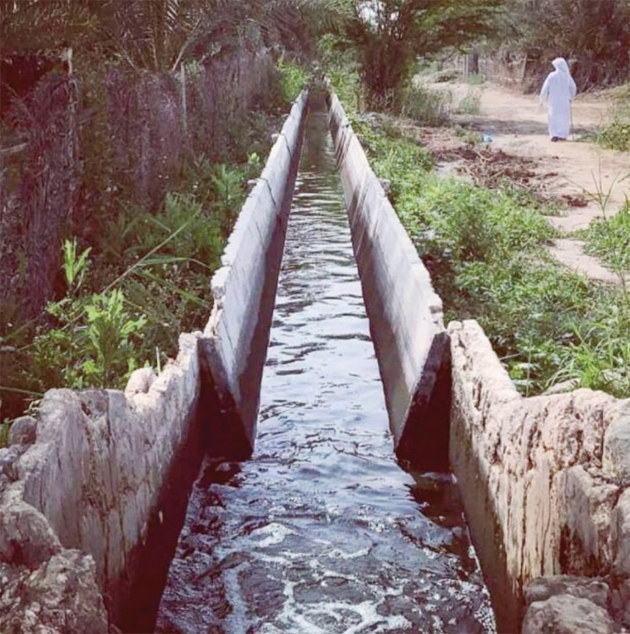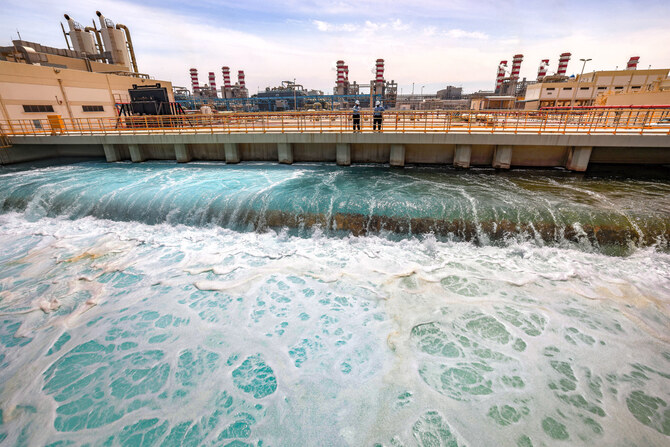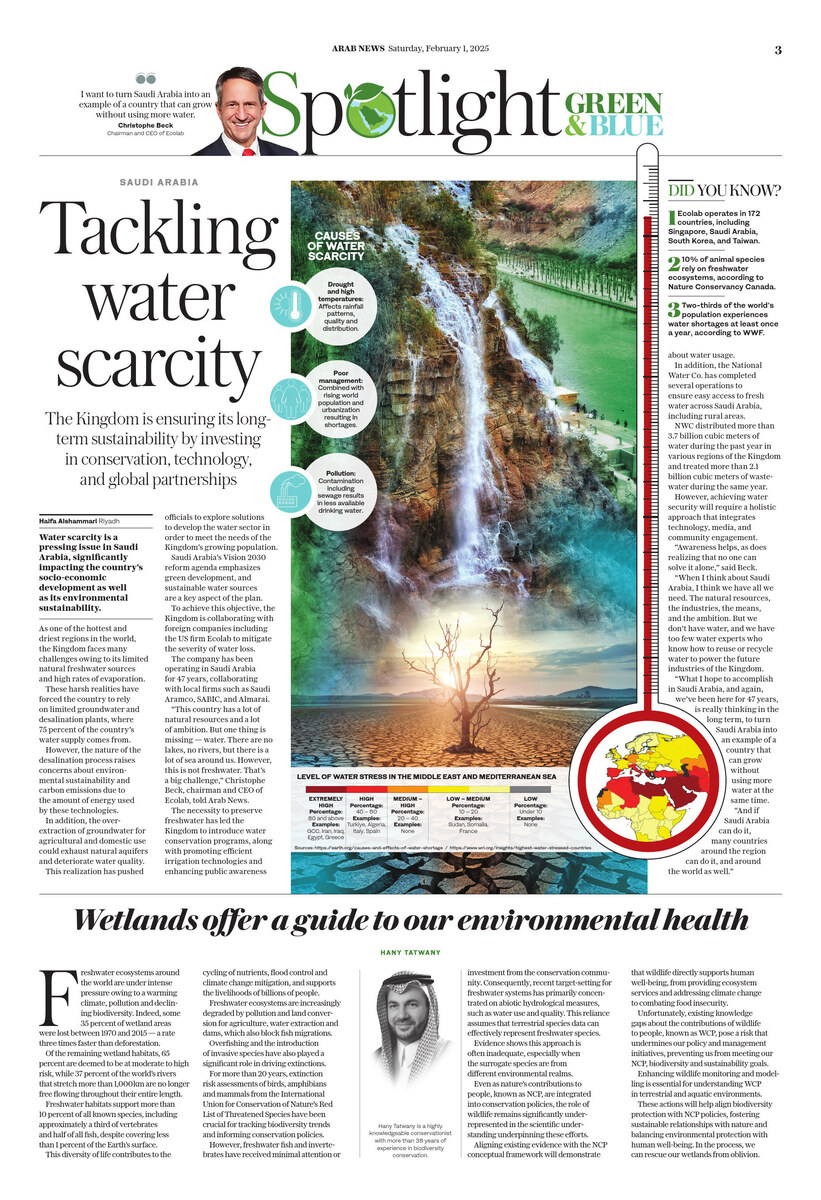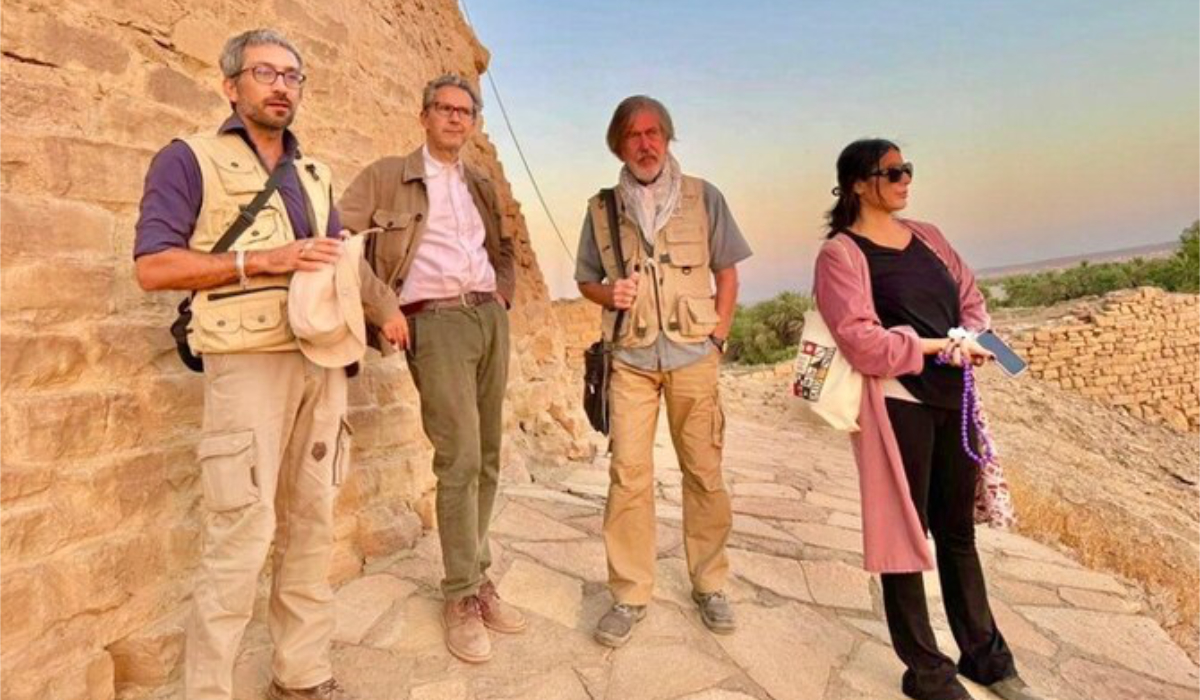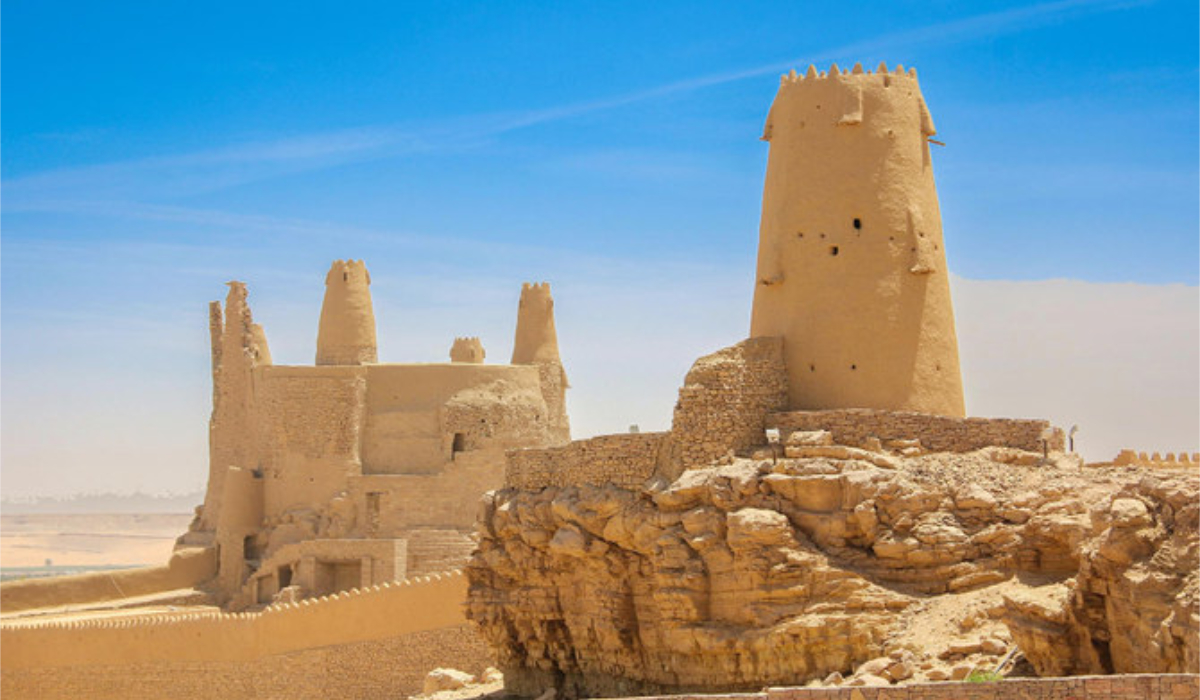JEDDAH: Saudi Horeca, the annual hospitality and food services exhibition, returned to Jeddah this week. Described as the leading trade show in the Kingdom for the food, beverage and hospitality sectors, the event offers an opportunity for industry leaders, experts and innovators to get together and showcase their industry.
Mayada Badr, CEO of the Kingdom’s Culinary Arts Commission, said: “We are thrilled to continue our collaboration with Saudi Horeca, which has established itself as a prominent platform for the hospitality and food service industries in the region.
“This renewed partnership highlights our joint dedication to enhancing the standards of excellence in the culinary arts and fostering the flourishing culinary scene in the Kingdom.”
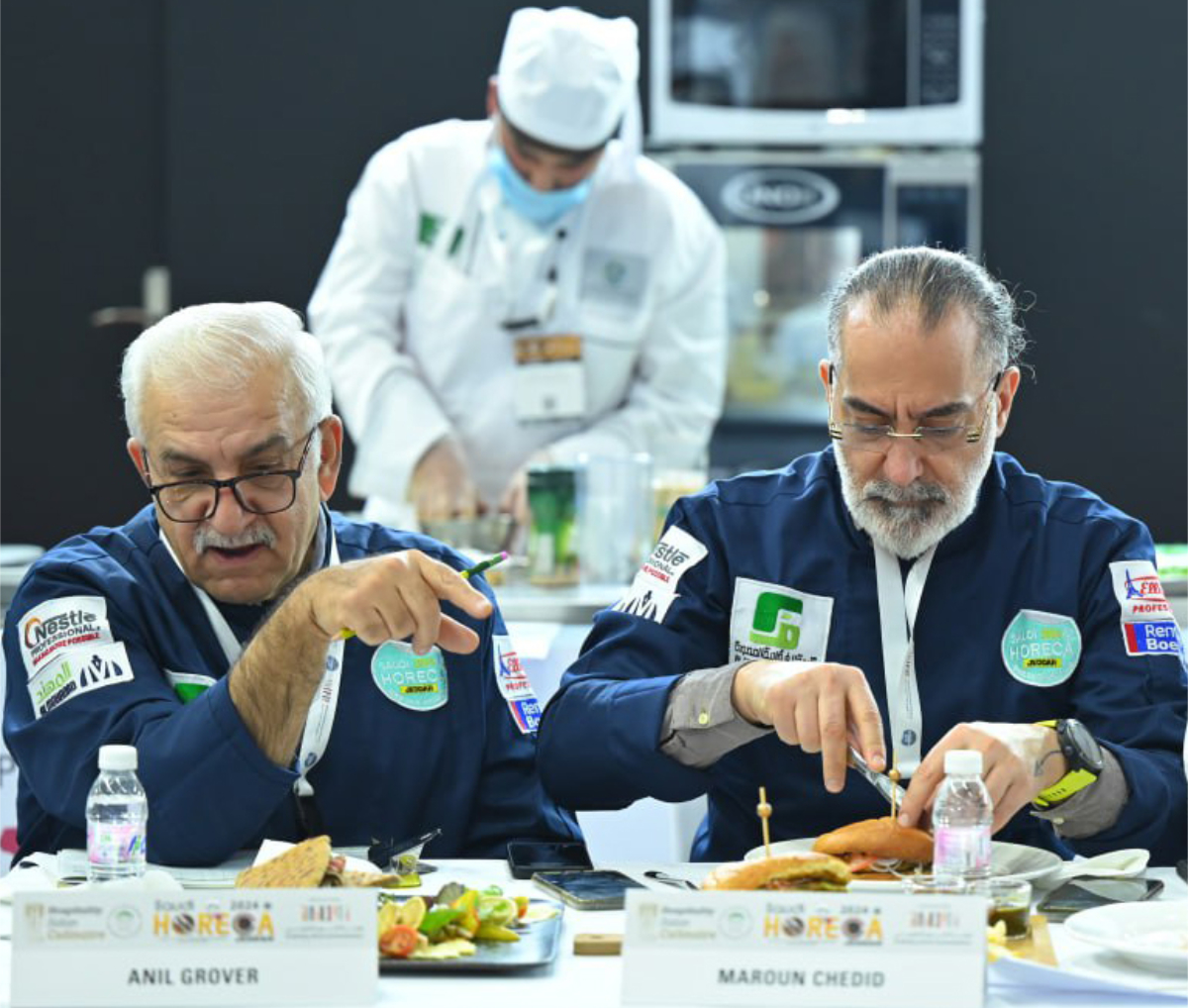
The event, which began on Monday and concludes on Wednesday, also features demonstrations and competitions. (Supplied)
The event, which began on Monday and concludes on Wednesday, also features demonstrations and competitions. The hospitality salon culinaire hosted live cooking contests for Saudi, oriental and dessert dishes and a mocktail competition, as chefs and beverage experts showed off their skills, which were evaluated by an international judging panel of more than 60 culinary experts. In addition, more than 20 entrants competed for the title of best barista in Saudi Arabia.
Saud Al-Rajhi, chair of the Saudi Event Management and Marketing Co., said: “This year, Horeca Jeddah aims to provide a platform where businesses can discover new supplies, materials and products. The exhibition showcases a wide range of offerings, enabling professionals to find success in their respective fields.
HIGHLIGHT
There is a vast array of innovative products, state-of-the-art technologies and cutting-edge services on show from more than 150 prominent local, regional and international companies.
“Additionally, the introduction of salon culinaire and the barista and mocktail competitions allows individuals to challenge themselves and be rewarded for their culinary expertise.
“Horeca Jeddah not only supports the growth of professionals but also contributes to the vision of Saudi Arabia as a leading tourist destination. The event not only attracts visitors but also facilitates significant business deals.
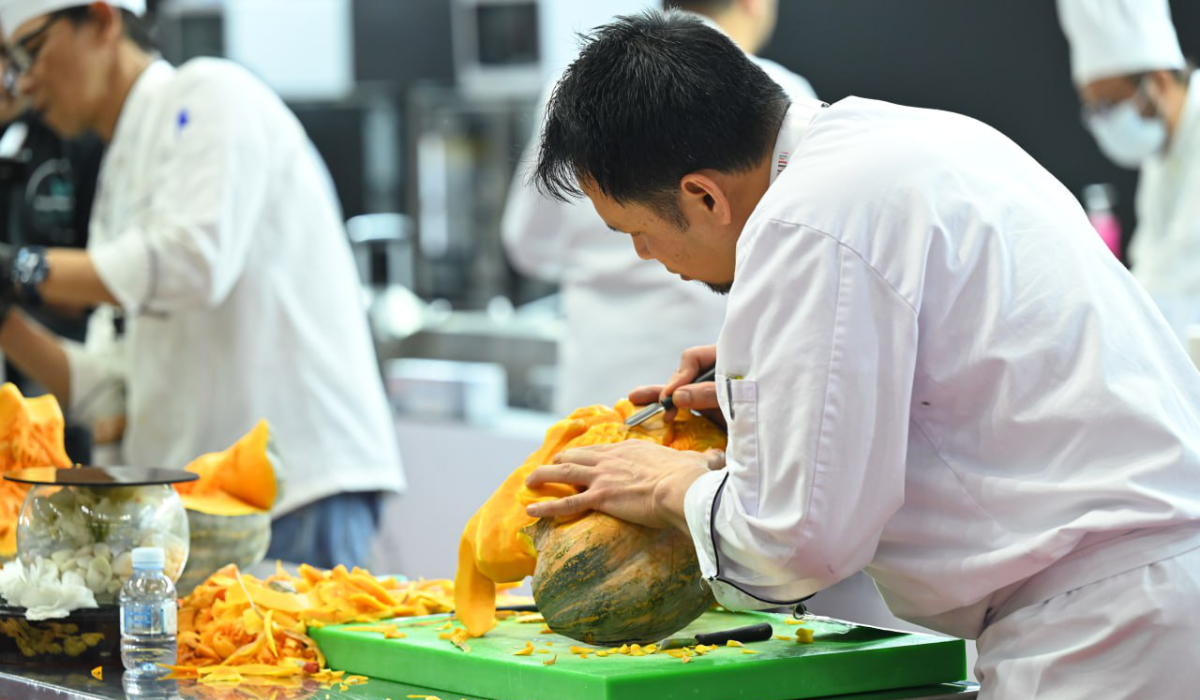
The event features demonstrations and competitions. (Supplied)
“This exhibition provides a valuable opportunity for international companies to localize their products and for locals to explore the latest innovations.”
Jad Taktak, the company’s CEO, said events such as this play an important role in expanding markets, attracting investors and supporting the growth of the industry.
“This kind of event aims to widen the markets and bring more players from outside Saudi Arabia, while also igniting the interest of Saudi investors to invest more in this market,” he said.
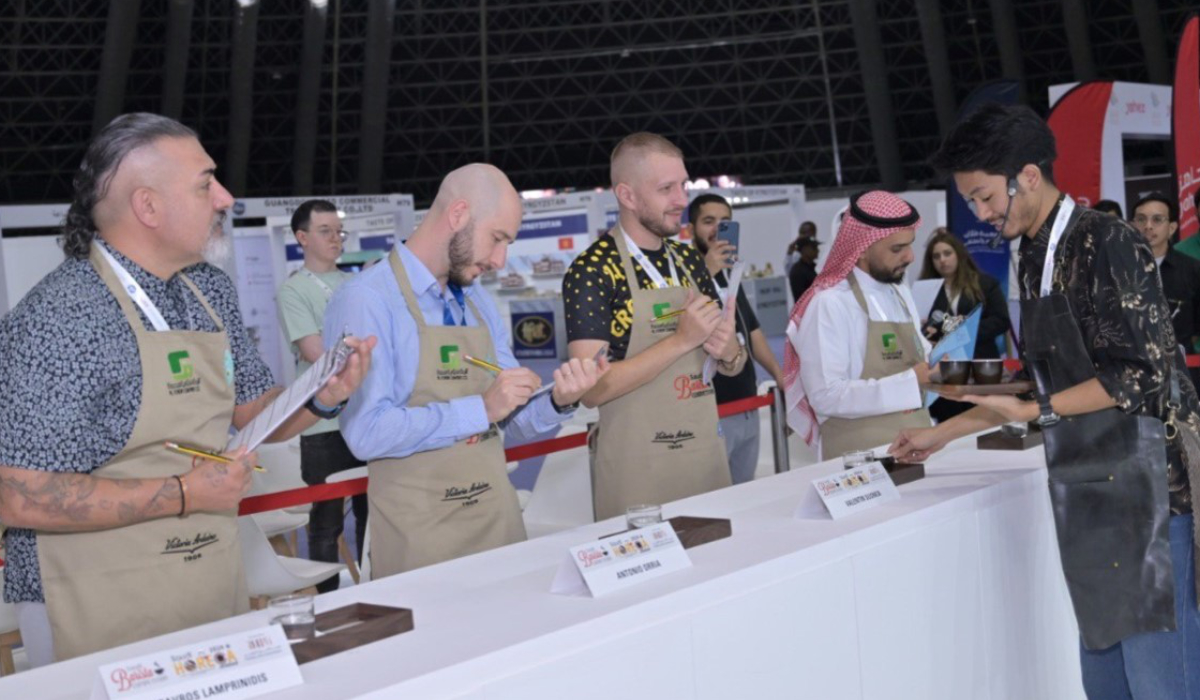
The event features demonstrations and competitions. (Supplied)
“According to Saudi Vision 2030, this market is expected to grow by about 28 percent in the next five-to-six years, which is a tremendous increase. By bringing together key players, investors and buyers from both sides, this event will have a positive impact on the industry as a whole.”
Taktak also highlighted the economic influence exhibitions such as this can have, saying: “Business tourism is a crucial sector of the tourism industry, with some countries relying heavily on it.
“Therefore, exhibitions like these play a vital role in driving tourism and positively impacting the economy, both directly and indirectly. The value they add to the market and the economy cannot be overstated.”
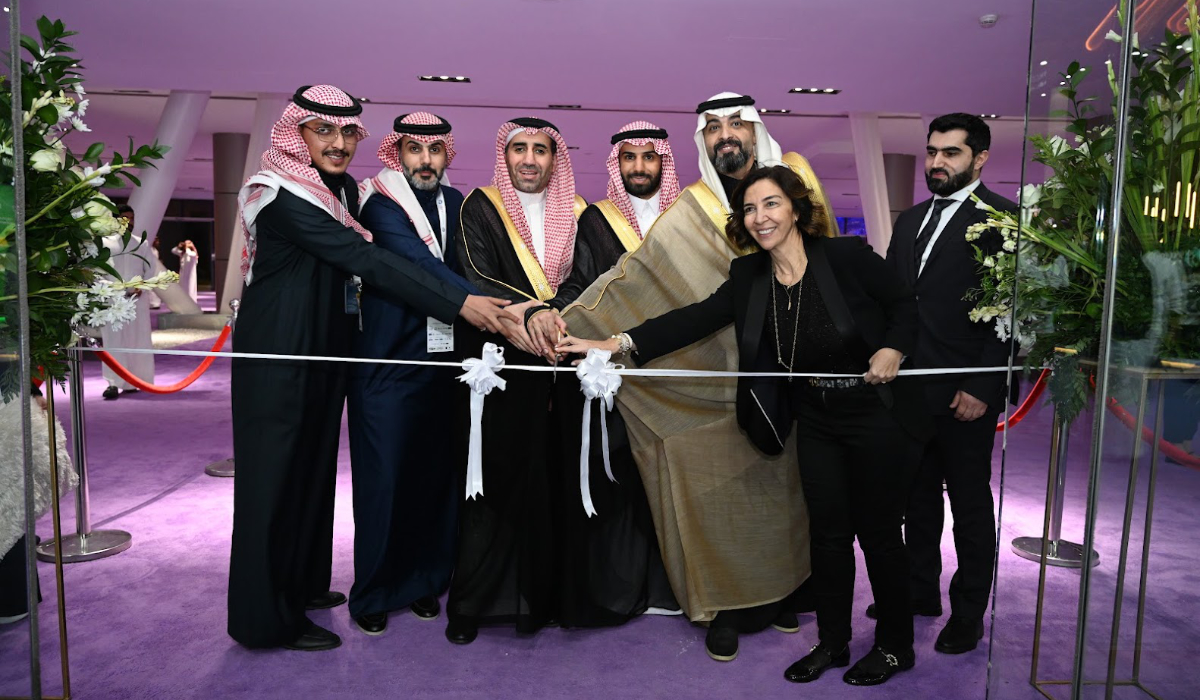
The turnout for the opening day was impressive, showcasing the dynamic nature of Jeddah’s hospitality sector. (Supplied)
Joumana Dammous Salame, the managing director of Beirut-based business Hospitality Services, said: “We have been running in Saudi Arabia for 12 years now … We are thrilled to see Horeca becoming a destination for the hospitality and food-service industries in the Kingdom.
“It is amazing to witness the industry coming together for such an event and all stakeholders have been actively involved in its organization.
“The competitions have become an integral part and have grown over the years. The turnout for the opening day was impressive, showcasing the dynamic nature of Jeddah’s hospitality sector. As a renowned tourist destination, there is genuine interest in further developing this industry.”
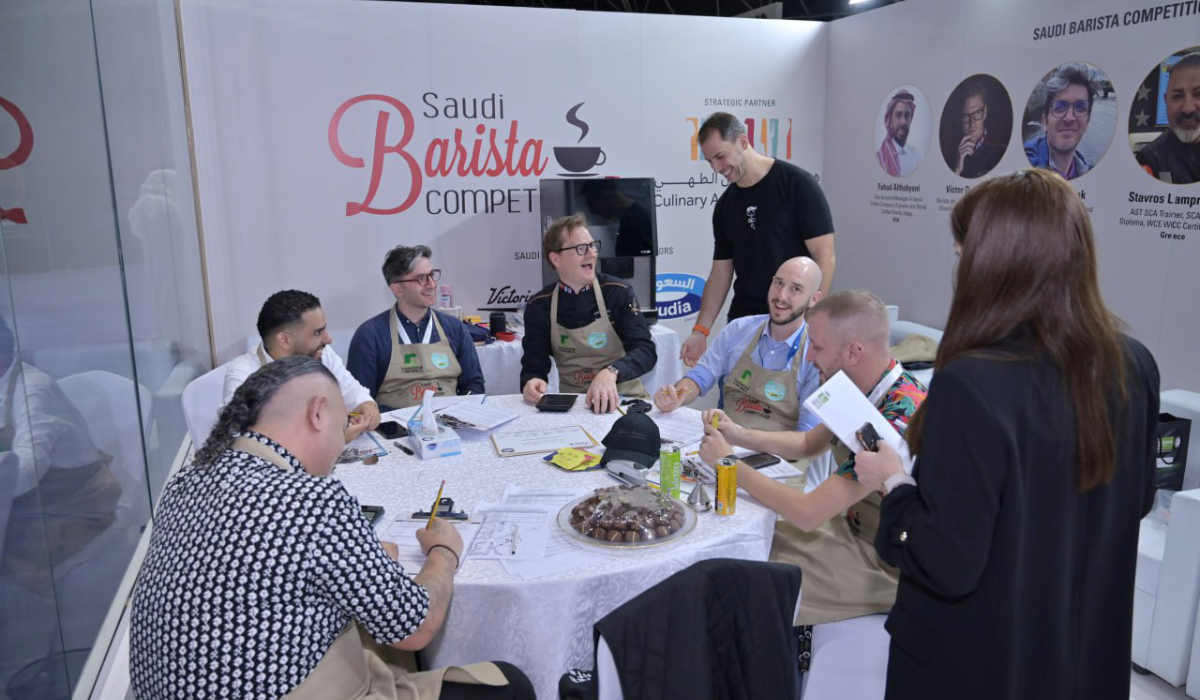
The event, which began on Monday and concludes on Wednesday, also features demonstrations and competitions. (Supplied)
Anil Grover from India, a member of the Indian Federation of Culinary Associations and a World Association of Chefs Societies-certified judge of the international culinary competition, explained what the judges are looking for when choosing winners.
“Judging is about assessing the level of cooking, the quality of preparations and the dishes produced,” he said. “It encompasses various aspects such as hygiene, cleanliness and the participants’ knowledge of cooking. There are different categories, like seafood, continental and more.
“This is my first time in Jeddah and I can see that the competition has grown, and there is a great level of interest among the participants. The kitchens are well-equipped.”
Saudi Horeca also features a wide range of workshops and seminars addressing key issues in the hospitality and food service sectors, along with panel discussions in which industry leaders offer insights and perspectives on future challenges and opportunities.
And there is a vast array of innovative products, state-of-the-art technologies and cutting-edge services on show from more than 150 prominent local, regional and international companies.
Abdullah Al-Ghamdi, a visitor to the event, said: “Attending Horeca was an incredible experience. The panel discussions provided valuable insights into the future of the industry.
“The organizers did a fantastic job in creating a dynamic and engaging event. Moreover, the level of talent and creativity displayed by the participants during the competitions was worth watching.”









